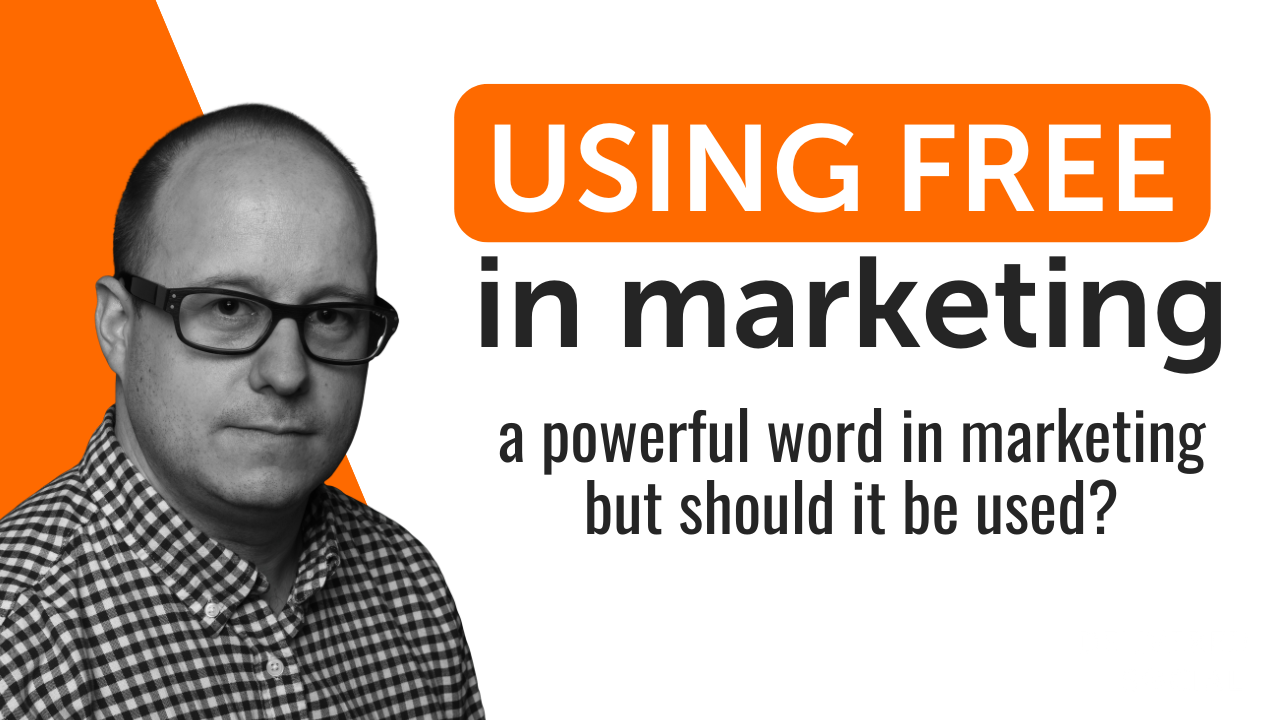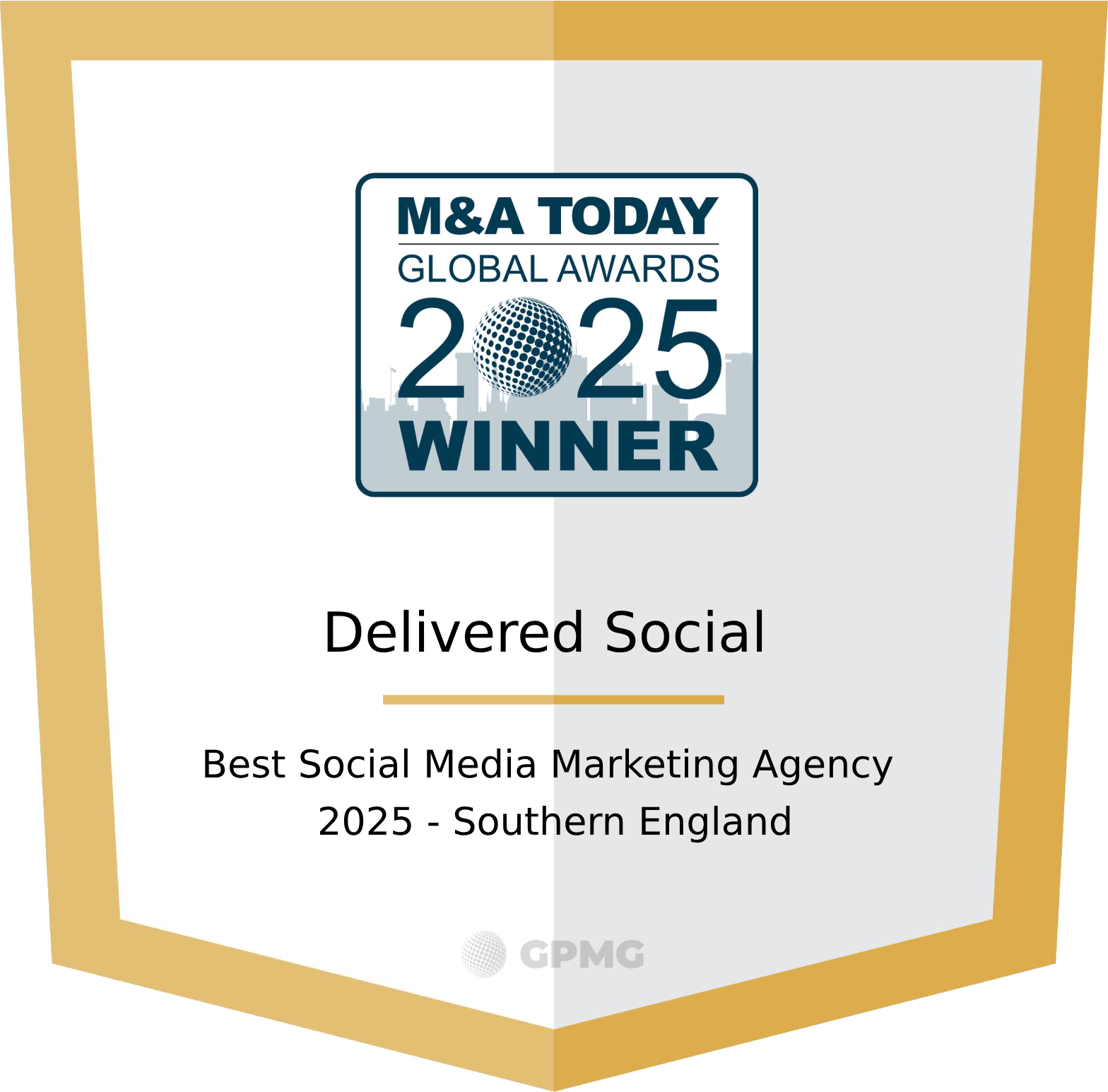
The word “free” has been hailed as one of the most powerful tools in the history of marketing. It’s been like that for a long time and remains true today. However, it has also been criticized as one of the most overused gimmicks designed to lure and often mislead consumers. Proponents of the word argue that it’s effective because it evokes a strong emotional response, creating an immediate sense of zero risk.
Critics, on the other hand, point out that the emotional reaction isn’t always positive. Some people will suspect hidden conditions or fine print. Others might associate “free” with low quality, perceiving the product as cheap or valueless. As a result, there isn’t necessarily consensus on whether using the word “free” in marketing is a good idea. It’s up to each business to determine if it’s right for them or not.
Defining Free
In marketing, using the term “free” implies that no payment is required. However, it’s not always that straightforward. For instance, if you’re offering a “free” pair of earbuds with the purchase of a smartphone, are they truly free? One could argue that the price for both items is combined to equal the price of the smartphone. It just creates the illusion that the extra item is free.
What about a free trial? Is it free if it seamlessly transitions into a paid subscription? What if you sign up for a free demo? Are you then subjected to endless emails and sales calls? These can be considered hidden costs because the customer is eventually spending money or time in exchange for something that was called free.
Will “Free” Get You Customers?
The million-dollar question for businesses is whether using “free” in marketing will get them customers. The other pertinent question is whether this marketing technique will bring in the right type of customer. It’s important to consider not only how the word will be perceived but also the type of customers it’s likely to attract.
For instance, “free” can work well in a direct-response advertising campaign in which the objective is to drive quick, high-volume sales. However, it may not be suitable for professional services. Lawyers, for example, should stay away from offering anything for free because they don’t want to be seen as commodities or attract bargain hunters. Instead, they aim to build lasting, profitable relationships and earn referrals.
In some industries, the Federal Trade Commission (FTC) has detailed guidelines for the use of “free” in marketing. Failing to adhere to these rules could lead to serious consequences. This underlines the importance of businesses being careful when they use the word “free” in marketing campaigns.
How to Do Free the Right Way
In the industries where offering something for free in marketing, it’s still important to be careful when using it. Some marketers can use it as a crutch. It serves as either a fallback for those who can’t articulate what makes their product or service compelling or an easy shortcut to avoid putting effort into their messaging.
While “free” can enhance your message and make your product or service more compelling, it can’t create value where none exists. Far too often, “free” becomes a throwaway term that is used out of lack of creativity or because it’s expected. For instance, some businesses might advertise free estimates or consultations even when it’s standard practice in their industry. In these situations, “free” adds no real value and doesn’t serve as a differentiator.
Even when used strategically, “free” isn’t a substitute for understanding your audience. You still need a headline that resonates with customers and conveys how your product or service solves a problem. Likewise, there should be a clear call to action that guides your audience toward the next step.
An Example of Free Worth Following
For businesses in the digital signage industry, providing valuable resources like free digital signage templates and layouts can serve as an excellent example of leveraging ‘free’ to attract and engage potential customers. One of the best examples of using “free” in marketing effectively comes from a relatively new industry: online casinos. Many casinos offer free spins to new customers, enabling them to play games and earn money without risking their own.
In this instance, they are giving something for free that allows the customer to explore their platform without spending anything but their time. Also, since a wide variety of welcome offers are used by online casinos, free spins aren’t necessarily the industry standard. It’s a great way to draw in new customers without offering too much or making false promises. In fact, the bonus offers and free spins offered by online casinos are a big reason for the success of this industry..
Interested In Working Together?
Introducing Delivered Social. We’re The Most-Rated Digital Agency In Surrey & Hampshire – We’ve Got To Be Doing Something Right.
Delivered Social is a digital marketing agency with one mission—to help businesses grow. We’re famous in Guildford and Portsmouth for our social clinics. We believe in free advice. We build lasting relationships because our team prides itself on being helpful, which our clients appreciate.
If you are looking for a new website or an agency to manage your social media presence, we can help.
If you need something slightly different, here's a super handy list of all our services, or you can always email us.























